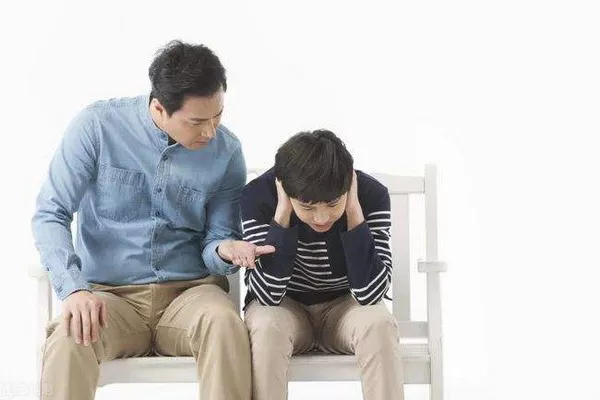New Brunswick, NJ — On July 1, 2024, Rutgers University inaugurated The Brandt Behavioral Health Treatment Center and Retreat on its Cook campus, marking a significant milestone in youth mental health care. Marlene Brandt, a 1980 Rutgers graduate, donated $30 million to establish the Garden State’s first youth mental health facility backed by a university.
A Personal Journey of Hope and Healing
Marlene Brandt’s generous donation stems from a deeply personal experience. “For me, this endeavor is deeply personal,” said Brandt. “It is the answer to a quest that started for us nearly a decade ago.” Brandt shared the heart-wrenching story of her daughter, Casey, who struggled with severe emotional distress despite being a high-achieving student and athlete. After leading her college volleyball team to victory and being named the tournament’s most valuable player, Casey’s life took a tragic turn as she fell into an emotional abyss, leading to months of unrelenting sorrow and a prolonged search for effective treatment.
Brandt’s relentless search finally led to a successful treatment facility 250 miles away from home, where Casey steadily recovered. This experience inspired Brandt to create a facility that could offer similar hope and healing to other families. “I am a mother who realizes that overwhelming gratitude is just not enough,” she said. “I realize that I had the ability and determination to bestow this same gift on many other families who are confronting similar arduous struggles.”
Filling a Critical Need
The Brandt Behavioral Health Treatment Center and Retreat address a critical need for mental health services among young adults, a need exacerbated by the pandemic. Rutgers University President Jonathan Holloway emphasized the significance of the facility, which combines healing and recovery with a vital university initiative. The facility consists of two buildings, the Blau Wellness Center and the retreat, offering art and music therapy, dance and yoga therapies, equine and horticulture therapy, and more. The Blau Wellness Center, named after Allen Blau, a 1963 Rutgers graduate, will open later this year, followed by the retreat.
The center’s soothing design, private rooms for up to 16 guests, and various amenities create a warm and inviting atmosphere. It aims to serve 1,200 youth and young adults annually, providing individualized treatment and outpatient options tailored to each patient’s needs.
Training Future Professionals
The Brandt Center is dedicated to excellence in health care and scholarly research, enhancing the partnership between Rutgers’ health care professionals and the community. It will play a crucial role in training the next generation of behavioral health care providers. “The Brandt Center will provide countless training opportunities for graduate students and future clinicians,” said Holloway. “It will build, enlarge, and strengthen our wonderful Rutgers community – and fundamentally, it will amplify our relentless drive on behalf of the common good.”
A Collaborative Effort for a Broader Impact
The establishment of the Brandt Center was a collaborative effort involving several key figures, including Dr. David Gonzalez, Chief Medical Officer of NYC FC and Chief of the Division of Sports Medicine at Montefiore Einstein; Dr. Jonathan Alpert, Chair of Psychiatry at Einstein; and Dr. Philip Ozuah, CEO of Montefiore Medicine.
Frank Ghinassi, president and CEO of Rutgers University Behavioral Health Care, highlighted the center’s commitment to providing best-in-class facilities and clinical programming that addresses both mind and body. The center will offer evidence-based psychotherapy, the latest medications, skill-based learning for managing stress and emotions, healthy nutrition, and restorative surroundings.
New Jersey Department of Human Services Commissioner Sarah Adelman emphasized the critical need for such facilities, especially for young people. She pointed to the increasing volume of help sought through the state’s 988 suicide and crisis hotline and the challenges faced by emergency departments in finding appropriate spaces for mental health treatment.
Holistic and Individualized Care
Brandt Center Director Micah Hillis described the facility’s holistic approach to wellness and individualized care. “Our goal is that it is based on the needs of the individual person,” he explained. “And each person will be worked with individually and their treatment team will decide what’s best – if it’s three weeks, four weeks, five weeks.”
As the Brandt Center opens its doors, it aims to touch and transform countless lives, serving as a model for similar facilities across the United States. “As we inaugurate this facility, we are hopeful that it will touch and transform countless lives,” said Brandt. “We are hopeful that our Center will be a model and a springboard for other such facilities throughout the United States.”
Related topics:




























